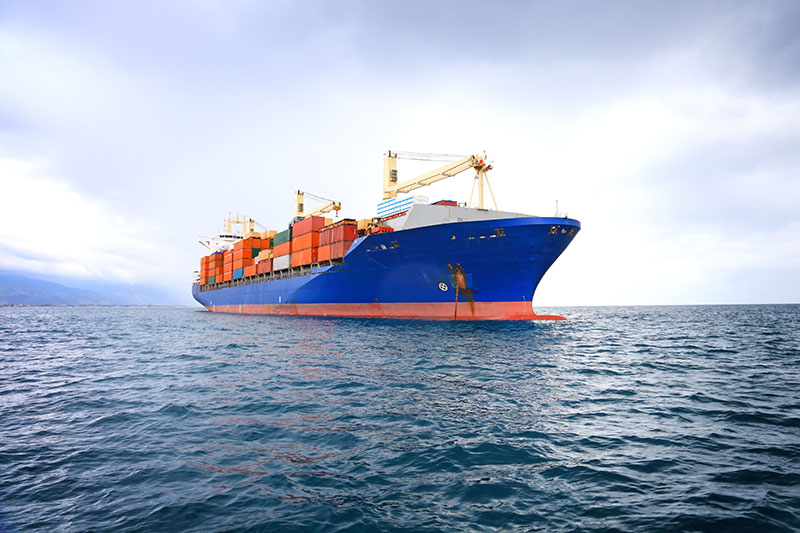The International Maritime Organization (IMO) is hosting pivotal discussions this week at its London headquarters, potentially setting the stage for the world’s first-ever global emissions levy. This historic move could reshape the shipping industry, which accounts for approximately 3% of global carbon emissions, and has been traditionally one of the hardest sectors to decarbonize.
A Game-Changing Proposal
Among the measures being debated are a global marine fuel standard and economic mechanisms such as a carbon levy or carbon credit scheme. Sara Edmonson, head of global advocacy at Australian mining giant Fortescue, described the talks as “absolutely historic,” emphasizing the transformative potential of a global carbon tax.
“This would be an absolute game-changer. No other industry on a global level has made a commitment of this size, and most countries haven’t made such a commitment either,” Edmonson said. However, she noted that agreement on such a measure is far from guaranteed, given the polarized opinions on carbon pricing worldwide.
A Divided Front
While many stakeholders view the potential carbon tax as an essential step in combating climate change, opposition remains strong. Pacific Island states, such as Fiji, Vanuatu, and the Marshall Islands, have emerged as some of the most vocal supporters of the levy, citing the urgency to address climate vulnerabilities.
“For countries like Vanuatu, the UNFCCC isn’t moving fast enough. This is a great opportunity,” said Vanuatu Minister Ralph Regenvanu.
Conversely, countries like Brazil, China, and Saudi Arabia have raised concerns about the economic impact of such a levy, warning it could increase inequalities and harm economic competitiveness.
Why Shipping Matters in Climate Action
The international shipping sector plays a critical role in global trade, transporting around 90% of the world’s goods. However, the vast amounts of fossil fuels burned by ships have made it one of the most challenging industries to decarbonize.
Delegates at the IMO had agreed in 2023 to aim for net-zero sector emissions “by or around” 2050. This week’s talks aim to finalize a “basket” of mid-term carbon reduction measures by 2025, with the carbon levy being one of the most debated topics.
Challenges and Optimism
John Maggs, from the Clean Shipping Coalition, expressed cautious optimism about the talks. “The timetable is quite clear, and they are working really hard to stick to it. I think it’s not a question of whether they get agreement, but how ambitious and effective it is,” he said, adding that resistance from conservative forces like China and Brazil will likely result in compromises.
Meanwhile, Angie Farrag-Thibault, vice president of global transport at the Environmental Defense Fund, stressed the importance of decisive action. “A successful outcome would include an ambitious global fuel standard and an economic measure to significantly reduce shipping pollution. These measures should encourage ship owners to adopt zero and near-zero fuels while supporting climate-vulnerable regions,” she stated.
The Road Ahead
With the IMO’s Marine Environment Protection Committee (MEPC) set to conclude its discussions on Friday, the world is watching closely. The outcome of these talks could mark a turning point in global climate policy, particularly if the carbon levy is adopted.
If implemented, this would be the first industry-wide carbon pricing mechanism adopted by a multilateral UN organization. Such a move would underscore the IMO’s commitment to addressing climate change, potentially serving as a model for other industries to follow.
While challenges remain, the talks represent a critical step toward a more sustainable future for global shipping — and a significant moment in the fight against climate change.











